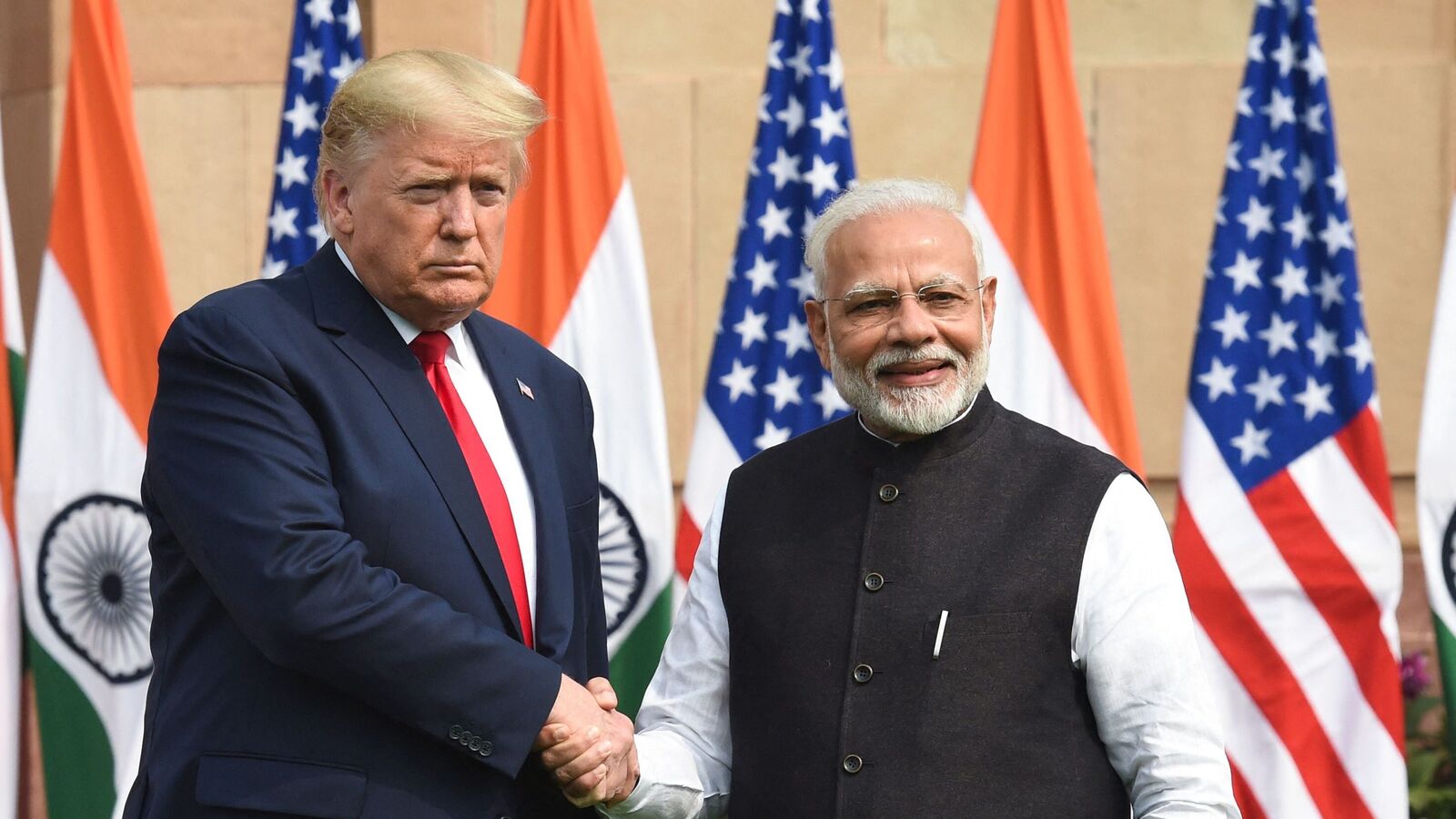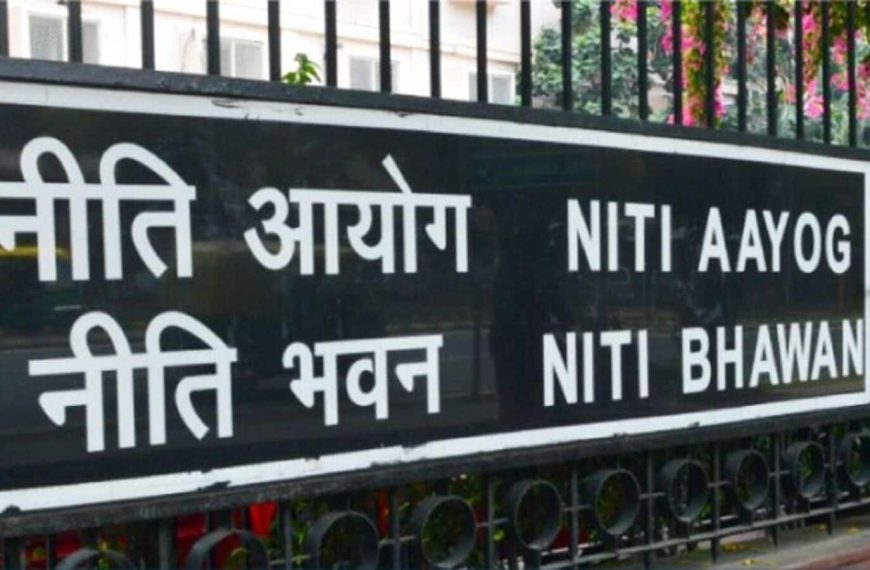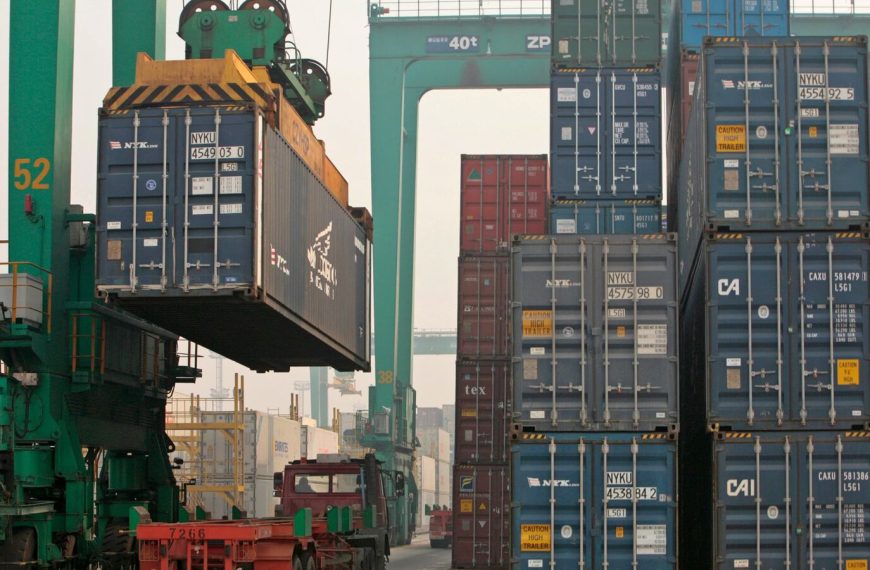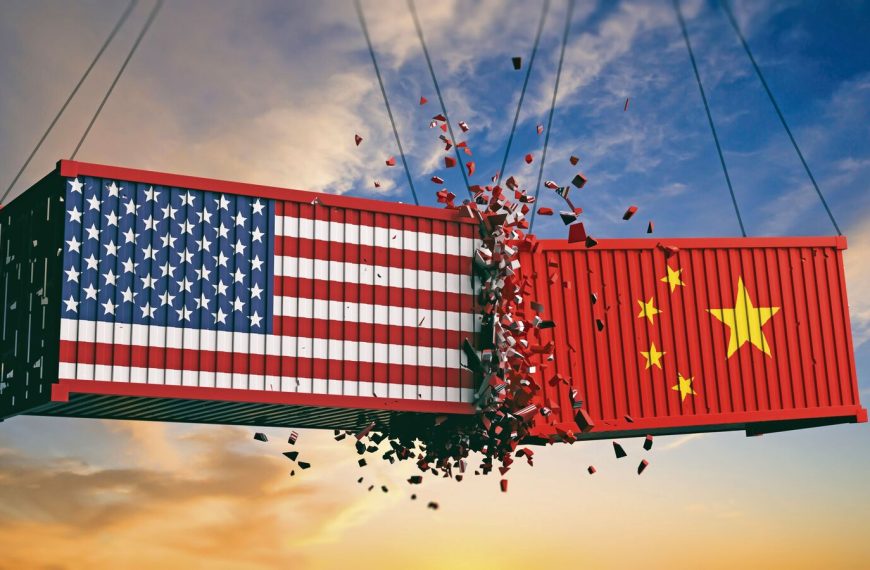India is set to kick off targeted trade negotiations with the United States on Monday, as confirmed by an official from New Delhi. The South Asian nation aims to finalize critical elements of this trade dialogue within the next six weeks. Both countries are keen to strengthen their economic ties, especially following Prime Minister Narendra Modi’s visit to the White House earlier this year, where they expressed intentions to wrap up the initial phase of their trade agreement by fall.
Trade Deal Takes Center Stage
During Modi’s February visit, discussions centered around establishing a more robust trade framework. However, the landscape shifted when former President Donald Trump imposed a 26% reciprocal tariff on India on April 2, only to later grant a 90-day reprieve for most countries. Despite these tariffs, Indian officials remain optimistic, indicating that reaching a trade agreement is equally important to the U.S.
- Key points of the upcoming discussions include:
- Setting realistic targets for the trade deal.
- Addressing mutual concerns over tariffs.
- Exploring beneficial trade offers for both nations.
The Commerce Ministry in India has yet to comment on these developments, leaving some questions unanswered.
Provisional Agreement in Sight
Recently, Indian officials hinted at the possibility of achieving a provisional trade deal with the Trump administration within 90 days, provided the proposals are advantageous for both parties. This potential agreement could pave the way for a more comprehensive trade relationship moving forward.
Caution Advised in Agricultural Sector
Experts advise that India should tread carefully, especially concerning agricultural negotiations. Ajay Srivastava, a former trade official and founder of the Global Trade Research Initiative, expressed concerns over several U.S. demands. He highlighted specific risks, such as:
- Weakening India’s minimum price support system for farmers.
- Allowing imports of genetically modified foods.
- Reducing agricultural tariffs.
- Altering patent laws to extend monopolies on pharmaceuticals.
- Granting U.S. e-commerce giants direct access to Indian consumers.
These points underscore the complexities of the ongoing trade discussions and the potential implications for India’s agricultural sector.
As both nations prepare for these critical negotiations, the focus remains on fostering a partnership that benefits both economies while carefully navigating the challenges ahead.











